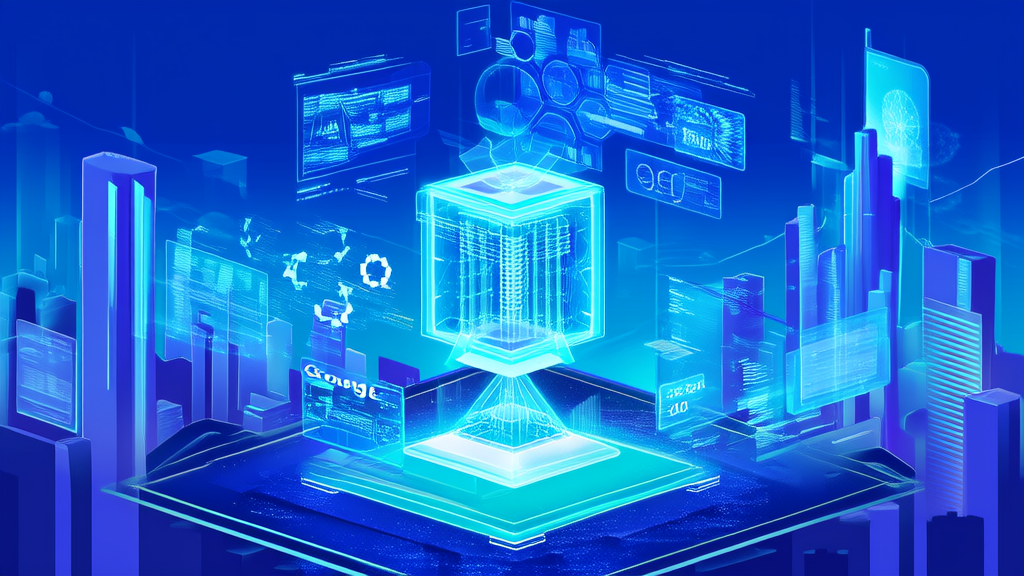🧠 Daily AI & Tech Trends
Google's Quantum-AI Fusion Accelerates Machine Learning 10,000 Times

Today in AI: Major Breakthroughs and Policy Shifts
June 16, 2025, marks a pivotal day in the world of artificial intelligence, with significant announcements, unexpected trends, and high-impact business moves. Here are the top stories that have captured the attention of the tech community today.
Google Unveils Quantum-AI Fusion, Revolutionizing Machine Learning
In a groundbreaking announcement, Google has unveiled its new Quantum-AI Fusion platform, which integrates quantum computing capabilities with advanced AI algorithms. This fusion is expected to accelerate machine learning processes by up to 10,000 times, making it a game-changer for industries ranging from healthcare to finance. The platform, developed in collaboration with leading quantum computing firm D-Wave Systems, will be available to select partners starting next month, with a broader rollout planned for early 2026.
EU Passes Comprehensive AI Regulation Act
The European Union has passed the long-anticipated AI Regulation Act, setting stringent guidelines for the development and deployment of AI technologies across the bloc. The act, which includes provisions for transparency, accountability, and ethical use, will come into effect on January 1, 2026. Notably, the legislation requires companies to conduct thorough impact assessments and obtain user consent for AI-driven decisions. Non-compliance could result in fines of up to €40 million or 2% of global turnover, whichever is higher.
Microsoft and NVIDIA Announce Strategic Partnership for AI Cloud Services
Microsoft and NVIDIA have announced a strategic partnership to enhance their AI cloud services, combining Microsoft's Azure platform with NVIDIA's cutting-edge GPUs and AI software. The collaboration aims to provide businesses with more powerful and efficient AI solutions, including enhanced natural language processing and computer vision capabilities. As part of the deal, NVIDIA will also integrate its AI models into Microsoft’s Azure AI services, making them accessible to a broader range of customers.
Surprising Decline in AI Job Market Raises Concerns
A recent report by the International Labor Organization (ILO) reveals a surprising decline in the AI job market, with a 15% drop in new AI-related job postings in the first quarter of 2025 compared to the same period last year. The report attributes this trend to a combination of economic uncertainties and the rapid automation of roles previously held by AI professionals. This unexpected development has raised concerns among policymakers and industry leaders, who are now calling for a reevaluation of AI workforce strategies and educational programs.
These developments underscore the dynamic and ever-evolving nature of the AI landscape, highlighting both the tremendous potential and the challenges that lie ahead. As we move forward, the interplay between technological innovation, regulatory frameworks, and market dynamics will continue to shape the future of AI.
Published on 2025-06-16T00:01:09.014948